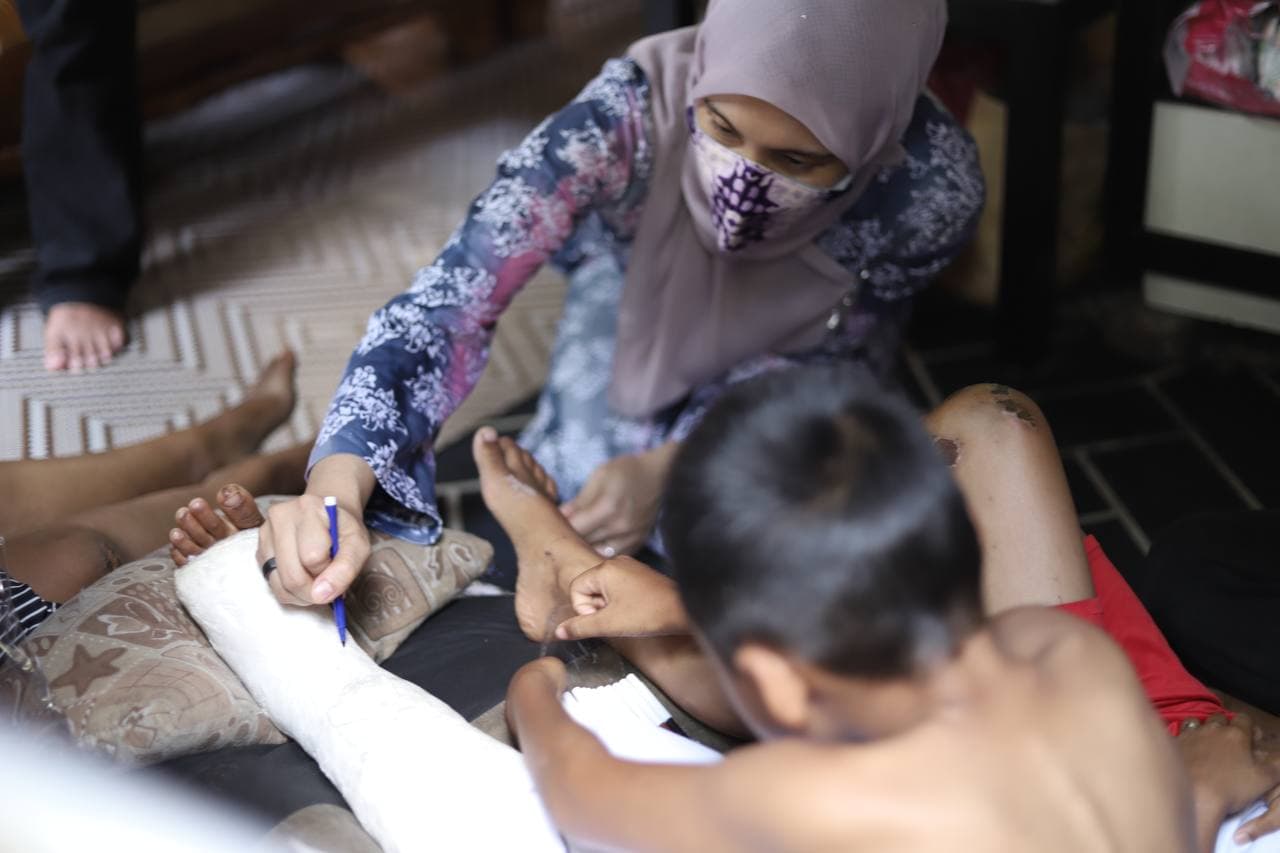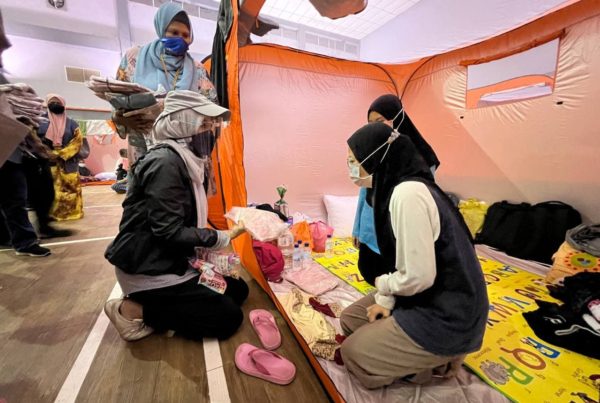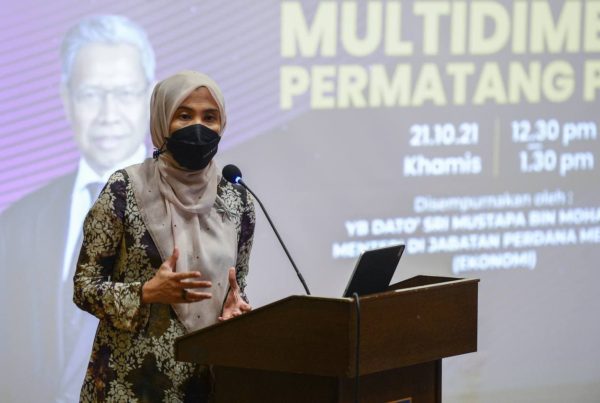On July 11, 1995, more than 7000 Bosnian Muslims were slaughtered by Serbian forces in what was the worst episode of genocide since World War II. The senseless killing finally prompted Western countries to press for a ceasefire after three years of war in Bosnia. The damage was done however, with the United Nations and the international community failing to act in time to prevent the massacre.
27 years on and the effects of the atrocity continue to reverberate.
The same decade saw Malaysia, collectively with many other nations actively assimilating Bosnian refugees into our communities, providing them with protection and educational opportunities they desperately needed.
Not all were refugees. Many were in search of a new life, such as Datuk Amer Bukvic, a former youth leader and now Director General, Global Practice and Partnership Directorate at the Islamic Development Bank (IsDB). A son to an acting ambassador, Datuk Amer came to Malaysia in search of education opportunities, arriving prior to the war. A physically towering figure standing at more than six feet tall, he now serves the needs of 57 nations within the IsDB grouping, providing policy solutions to crisis and refugee stricken nations.
Our country has provided the platform and created an environment for many to thrive. Those who sought help received it, those who desired opportunity found it in abundance. They say the past instructs the future; however, our past experience with Bosnian refugees contrasts sharply with our actions today.
Malaysia is not a signatory of the 1951 Refugee Convention nor its 1961 Protocol. As such, under existing laws, there’s no differentiation between refugees and economic immigrants bereft of legal documentation.
This leaves those who did arrive safely (after suffering hazardous travel) on our shores exposed to harsh penalties, mistreatment, exploitation, and discrimination. Worse, the Home Ministry’s numbers as of October last year, records as many as 1,400 to 1,500 refugee children, in its immigration detention centres – accounting for as many as 7.5% of the detainee population.
Most face indefinite detention in grim conditions, and worse for some groups – deportation back to their country – the very hell-filled torture they were fleeing from in the first place.
One recent example is the deportation of 1,086 identified Myanmar citizens repatriated to Myanmar via three navy ships sent by the Junta.
This was done despite a court order by the Kuala Lumpur High Court granting a stay to hear an application by rights groups for a judicial review to suspend the deportation.
The UN High Commissioner for Refugees (UNHCR) has identified at least 6 of the deportees as refugees registered with them. Granted, UNHCR hasn’t been allowed to verify their status via interviews – but this is emblematic of the immigration’s decision to deny UNHCR any access to any immigration detention centres since August 2019.
In April 2022, more than 500 Rohingyan refugees broke out of the overcrowded Sungai Bakap Temporary Immigration Depot where they were detained indefinitely. The deaths incurred ensuing the tragic incident were not met with wholesale sympathy. Instead, some quarters voiced sentiments opposite to the warm welcome for Bosnians just decades ago .
A report by the Indonesia-based Coalition of Sovereign Migrant Workers 2022 revealed the horrors faced by the detainees at an immigration detention camp, concluding that, “they create these conditions to create terror, so when the detainees are released they will go back and tell others about it.”
Some cite a supposed conundrum – on one hand, without jobs, they will burden our existing welfare system. On the other hand, getting a job means breaking the law – leading to detention, and eventually, deportation.
Among those that do choose to work, they do so devoid of legal protection, becoming prime targets of exploitation by predatory elements and irresponsible employers.
I argue for us to begin the process of allowing refugees to work legally, even on a case by case basis, and to be given the opportunity to be educated in Malaysia. We did it before – providing opportunities to so many, just like Datuk Amer Bukvic.
A report by IDEAS in 2019 found that granting refugees the right to work would allow them to contribute more than 3 billion Malaysian ringgit ($683M) to the economy through higher spending by 2024. It would also mean an increase in tax revenues and the creation of more than 4,000 jobs for Malaysians.
Malaysia currently faces an acute shortage of foreign unskilled labour. It makes economic sense to include refugees in the labour equation.
Another concern burdening the refugee community is the lack of access to education. Children refugees and asylum seekers are regarded as illegal immigrants, thus have no access towards our public schools.
In 2018, the then Education Minister Dr Maszlee implemented the Zero Reject Policy to give education to children regardless of their documentation. The policy was reversed two years later, post Sheraton move – leaving refugee children bereft of formal education opportunities beyond NGO-run schools which are very limited in funding, number and accessibility.
We need not look far before deciding on the right policy which is in line with principled action. The Srebrenica massacre, 27 years on, is something we must never forget. But equally, it should shine light on Malaysia’s commitment to care for the vulnerable, the displaced, the marginalised. We must, and can, do better.
Nurul Izzah Anwar
Member of Parliament for Permatang Pauh





